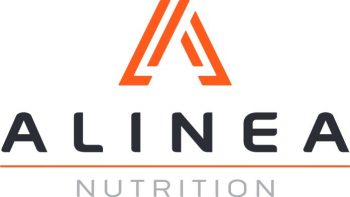*Geek Box: Ad Libitum Diets
What does ‘ad libitum’ mean in research? The Latin for “at one’s pleasure”, the formal meaning of it is as much as desired or as much as you want. In nutrition research, what this means is that there are no restrictions being placed on the subjects in terms of either total calories, specified macronutrients, or specific food groups.
This can be a good ‘field-test’ for a dietary intervention, given that the majority of people don’t track calories in real life. It is a good test for the impact of dietary composition and food types on energy balance, health markers, or whatever the outcome of interest is, in a more real-world context.
Researchers might use an ‘ad lib’ diet to look at the impacts of a diet low in one macronutrient on energy balance. Thus, an ‘ad lib’ low-fat diet would place restrictions on the amount of fat a subject could have (usually 20-25% energy, with subjects counselled to use certain foods/oils), but with no restrictions on the remainder of their food choices or total energy.
Similarly, an ‘ad lib’ low-carb diet would place restrictions on carb intake (usually 10-25% energy, with no starchy carbs, fruit, refined sugar) but no restrictions on the amount of fat or total energy. With popular recent focus on low-carb diets, the research on ad-lib low-fat diets has been largely brushed aside – or just forgotten, given that it was a more popular intervention in the 1990’s. What is certainly forgotten amongst carb-hysteria was how successful they were as interventions.
Bottom line: macronutrient restricted ad lib diets can be effective whether it is carbohydrate or fat that is restricted, and depend on the characteristics of the diet adopted, in addition to personal preference.
